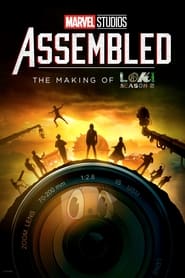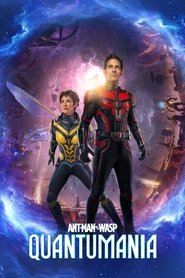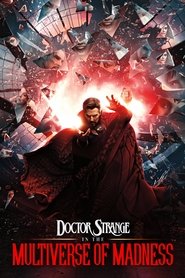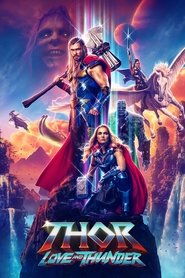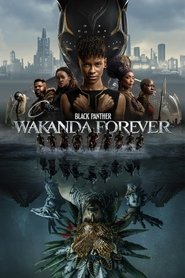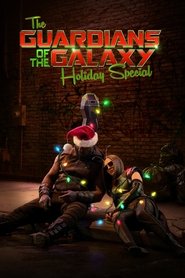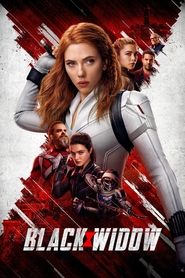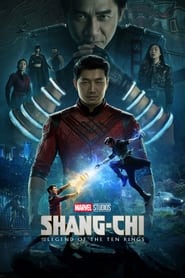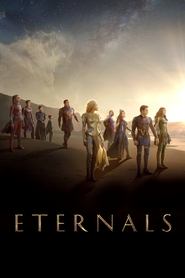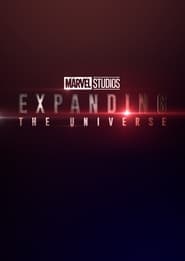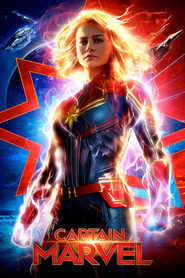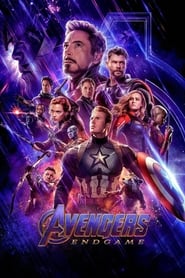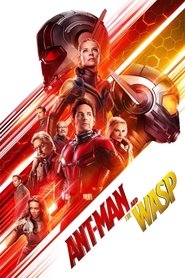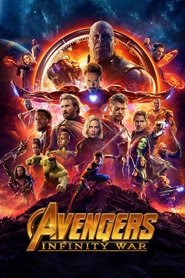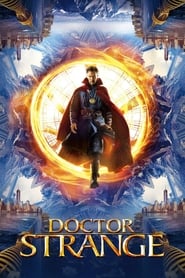Kevin R. Wright

Known For: Production
Gender: Male
Date of Birth: January 15, 1983 (42 years old)
Place of Birth: Philadelphia, Pennsylvania, USA
Kevin R. Wright served as an executive producer on Loki (2021-2023) and former VP of production and development at Marvel Studios. He now produces original film and TV projects independently. Wright was one of the central creative figures behind the Tom Hiddleston-led Loki, which is widely considered to be the crown jewel of Marvel Studios’ Disney+ slate with six Emmy nominations. Shortly before 9/11, the Philadelphia native delayed his film school ambition to enlist in the U.S. Marine Corps, and he served as a combat correspondent for four years. Upon completing his service, he majored in writing for film and television at Philadelphia’s University of the Arts before graduating as valedictorian. Wright then moved to Los Angeles and interned for a couple of years until a chance meeting and opportunity with Marvel Studios materialised at a time when he was considering abandoning his pursuit. He then steadily climbed the ranks, beginning as a development assistant and then the production and development manager on Doctor Strange (2016). His path to becoming a full-fledged producer on Loki and VP of Production and Development began with an associate producer role on Ant-Man and the Wasp (2018). Wright crafted a 30-page pitch for Loki (2021-2023) that included many of the future show’s foundational elements, including the Time Variance Authority. The entity proved to be so popular that it transitioned to the big screen in Deadpool & Wolverine (2024). Wright was also in charge of introducing Hiddleston to his early concepts and potential. At the moment, Hiddleston was happy with his current character journey, which had its roots in Thor (2011). After presenting a compelling argument for immersive 360-degree sets to Marvel executives, the executive even built the foundation for the series' Emmy-nominated production design. In addition to being completed on schedule and below budget, the second season of Loki was among the first Marvel Studios productions—if not the first—to not require any extra photography.
